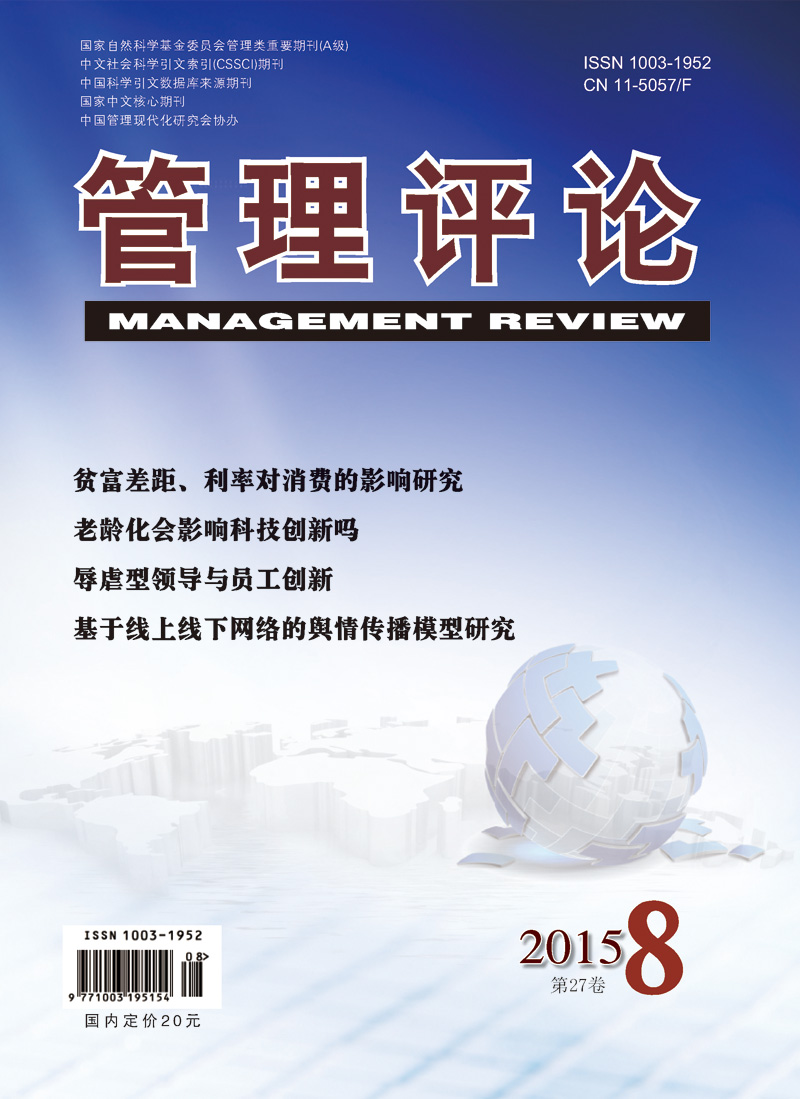The paper tries to verify the merger strategy, including pricing strategy, shareholding strategy and timing strategy, in theories with two bidders' cooperation and one target's goodwill under incomplete information, through experiment. Firstly, it puts forward six hypotheses based on the existing theoretical researches and emerging methods for validation study;Secondly, taking the situation with single bidder and single friendly target enterprise as the benchmark, it sets the experimental variables, grouping, experimental procedures, experimental process control and defines the payoff function, through setting different experimental parameters to characterize and distinguish different experiment situation and grouping, both covering the benchmark situation and the friendly merger with two bidders' cooperation;Finally, through the statistical measurement study, the results show that, under incomplete information, the collaborative yield, the control premium rate and the equilibrium price in M &A bargaining change in a cooperative direction;the higher the collaborative yield is, the shorter time the negotiation takes, while it is otherwise for the control premium rate;The more useful information exist, the sooner the M &A opportunities comes;The "threshold effect" of initial holdings accelerates the M&A activity;The cooperation between two bidders reduces the equilibrium price in bargaining;The collusion between the two sides of M&A is a factor that reduces the resource allocation efficiency of capital market, but not the leading one.

